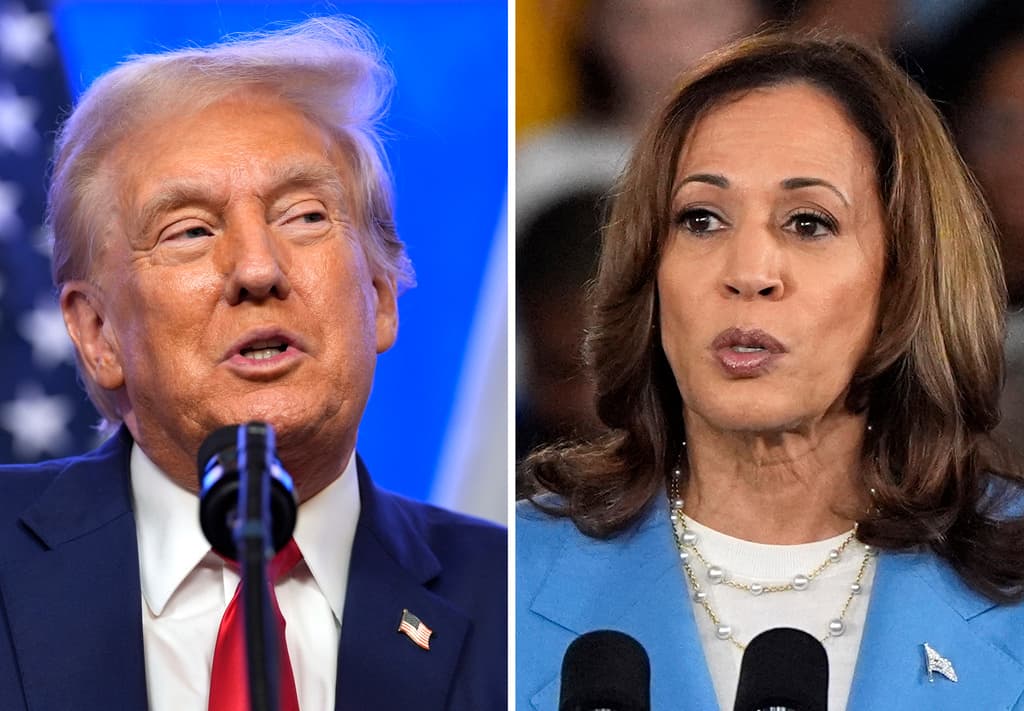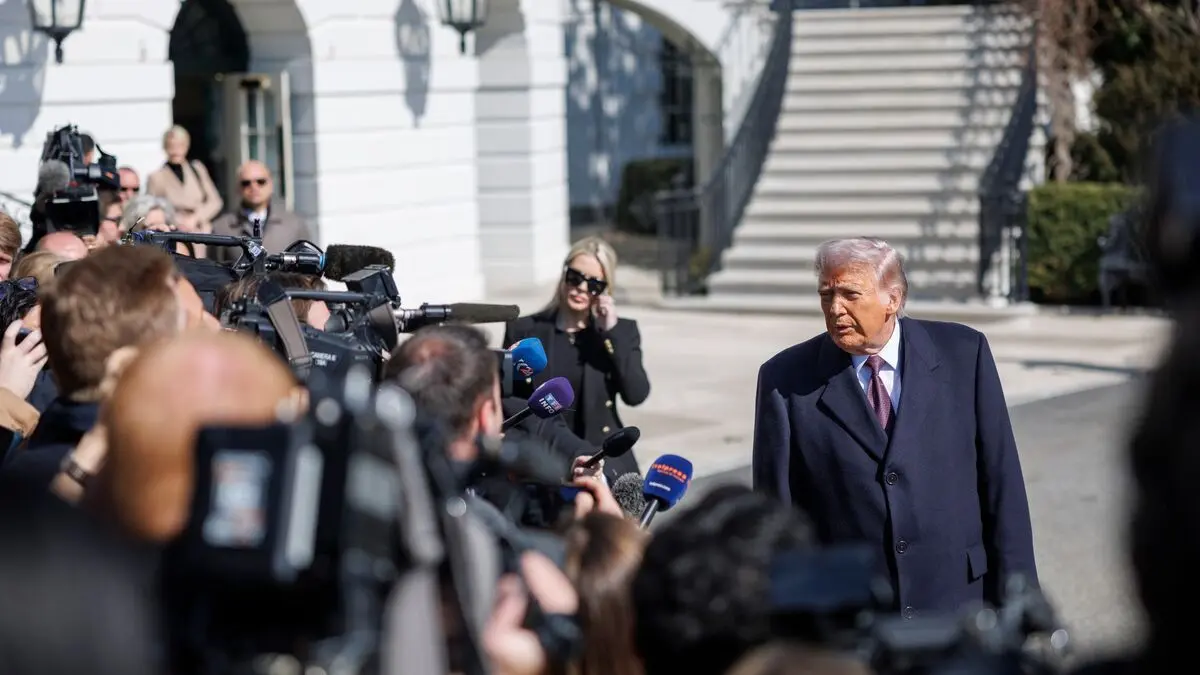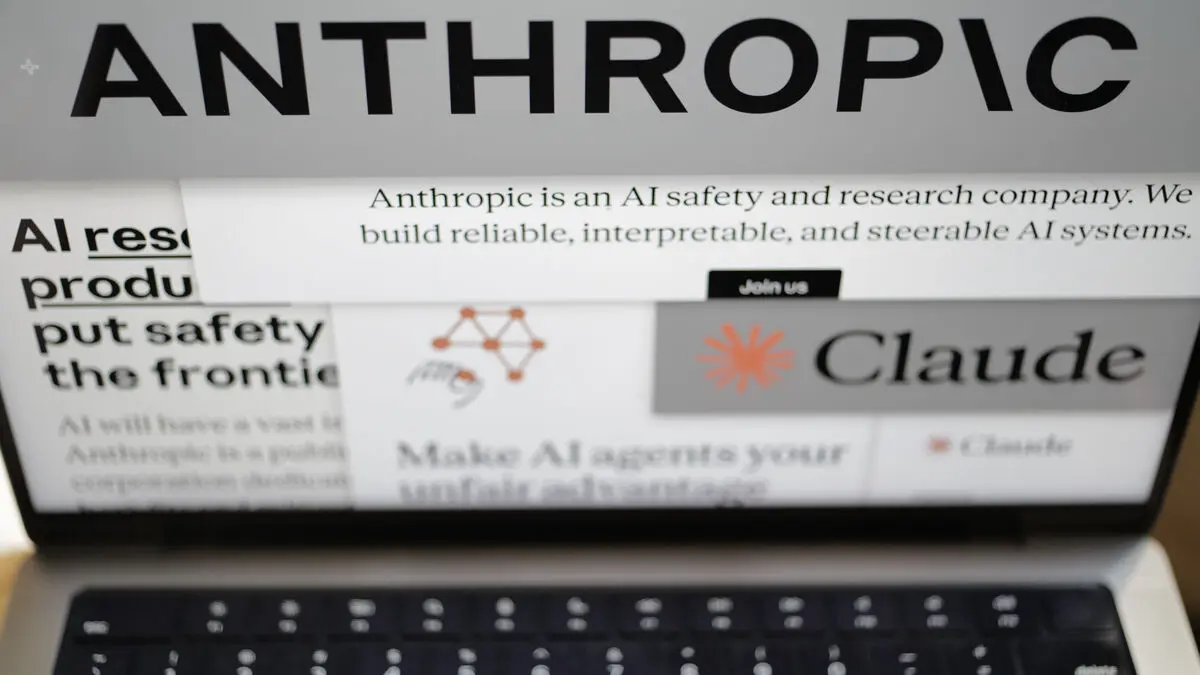The presidential candidates', Republican Donald Trump and Democrat Kamala Harris, respective plans for the US economy are still unclear.
Harris' proposal has in many respects not been concretized – and Trump has thrown out a lot of proposals that we do not know if he will implement, says Elisabet Kopelman, US economist at SEB.
It is known that Trump wants to retain and expand his tax reform from 2017 – which, among other things, means significantly reduced corporate and income tax. Parts of it will expire next year if Congress does not extend it. He also wants to exempt pensioners from taxation.
Furthermore, Trump's willingness to introduce import tariffs of 10-20 percent against most countries and over 60 percent for China is notable.
"Will get even worse now"
Kopelman describes Trump's trade policy as "very drastic". When the trade war against the rest of the world began during Trump's presidency, the damage was mitigated by the lowered taxes, according to her.
He is going so far this time that it is likely that the effects will get even worse now. The trade war damages the economy so much that it more than offsets the benefits of low taxes.
If the US raises tariffs, the rest of the world will respond.
Since the US is not as dependent on foreign trade, such a trade war is likely to be more harmful to the rest of the world than to the US, says Kopelman.
Tariffs create "upside risks for inflation" and can complicate things for the central bank, the Federal Reserve.
If you start damaging the credibility of the Fed's inflation policy, there is a risk that inflation expectations will start to rise, and then interest rates will do the same.
Overall, it is a worrying agenda Trump has.
Focus on wallet issues
Harris, in turn, also wants to keep lower taxes for large parts of the population, but raise corporate tax and tax on capital income.
Recently, she presented a range of wallet proposals to alleviate the inflation burden on households: tax relief for parents, stopping overpricing in grocery stores, and reducing the cost of health insurance. She also proposed subsidies for homebuyers and stimulus packages for housing construction.
We are still waiting for a comprehensive economic agenda from Kamala Harris. One must assume that she largely holds on to the election platform that was drawn up for Joe Biden. But it seems like the focus is shifting from green industrial policy to household economy, says Kopelman.






